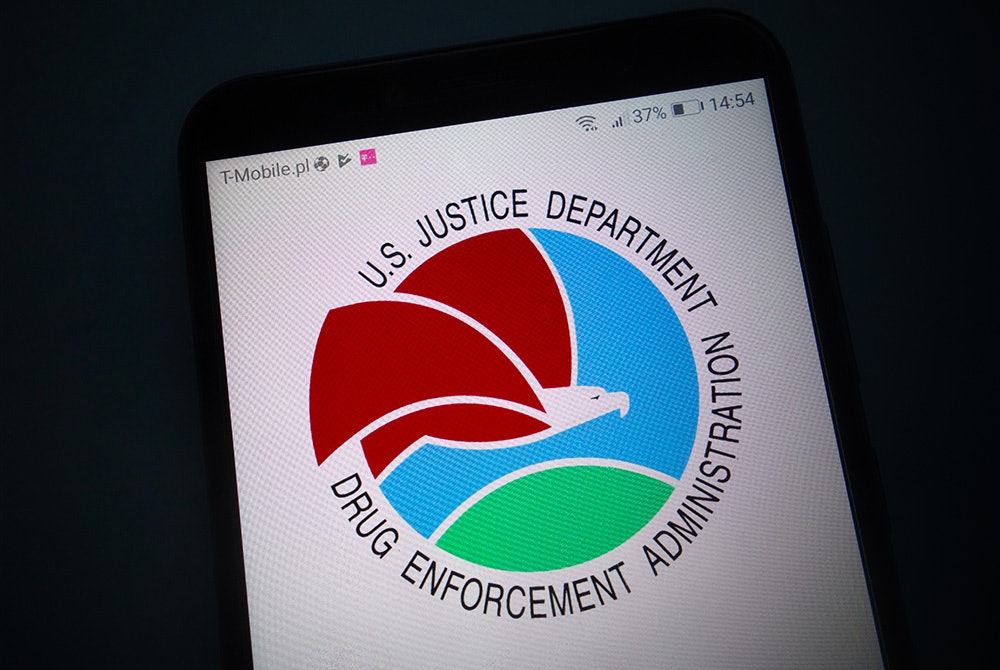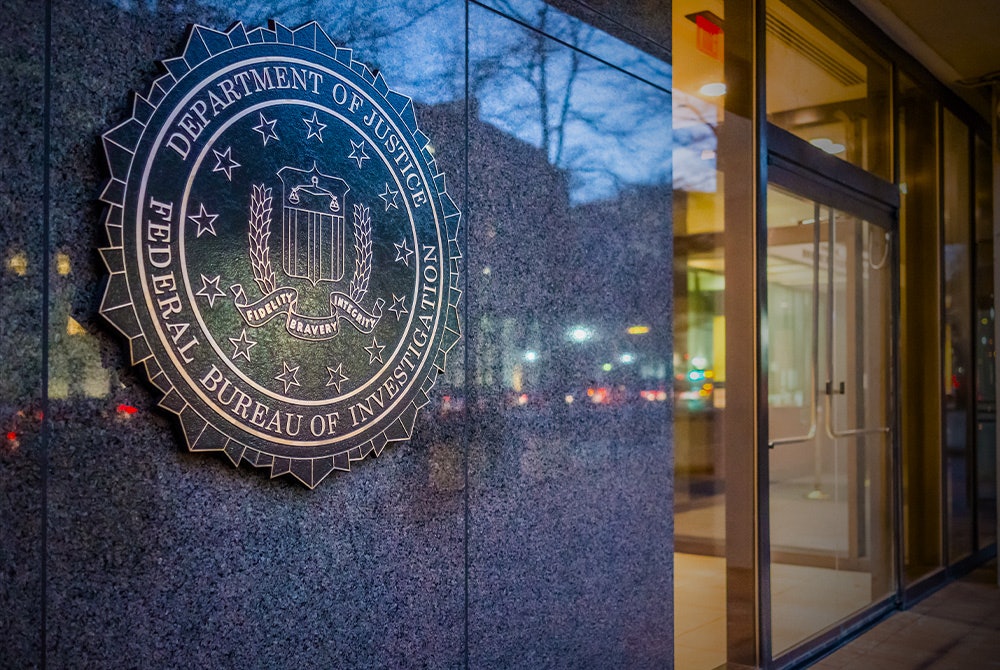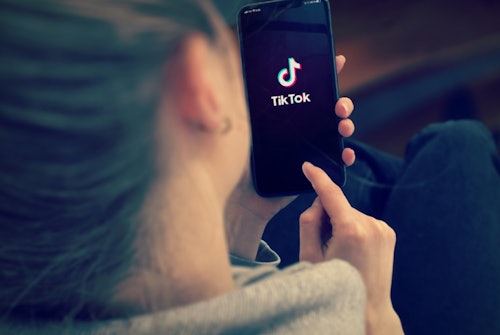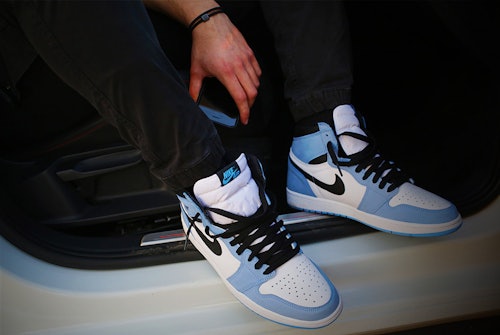- What are DEA Impersonators?
- How the DEA Phone Scam Works
- What to Do If You Receive a Phone Call From The DEA
- Tactics Used by DEA Impersonators
Scammers will go to impressive lengths to portray themselves as agents of the U.S. Drug Enforcement Administration (DEA) to intimidate people and scam them for money. Verified.org contributor Jason James, a former DEA special agent, takes us through the tactics scammers use to impersonate the DEA and how to beat them.
What are DEA Impersonators?
DEA impersonators are people who pretend to be DEA agents and call you on the phone requesting payment for a "fine."
They are frequently foreign nationals who reside overseas where they feel safe from the reach of U.S. law enforcement, including the Dominican Republic and Costa Rica; however, an imposter can be from any country.
Some DEA impersonators started off selling illegal counterfeit pharmaceuticals in their countries but shifted to scamming people over the phone to minimize their chances of being caught.
How the DEA Phone Scam Works
Although your first reaction when crossing paths with law enforcement is to comply with whatever they tell you, it's essential to look out for the red flags of a scammer and to take the appropriate steps to protect yourself and your money.
You Receive a Phone Call from a So-Called DEA Agent
The DEA phone scam starts with receiving a phone call that looks like it's coming from your local area and could even say "DEA" on your caller ID.
Example Fake DEA Phone CallThis is Special Agent David Brown.
We are going to bring you in, in custody with criminal charges for medication from overseas. You have three counts of felony charges against you currently.
I can help you right now. All you need to do is pay a $1,500 fine and we will remove your felony charges. You have five minutes to pay me back. If not, the deal is off. You're going to have to go to court.
The scammer will use various techniques to make you believe they are legitimate, including:
- Spoofing the phone number, so it looks like it's coming from the DEA
- Calling you from a local number
- Giving you the name of a legitimate DEA agent in the area
- Using a confident and commanding tone of voice
- Telling you to look up their name and credentials on the DEA's website, if you don't believe them
- Giving you information about your online pill purchases (showing that they have this "confidential" information)
What to do:
- Don't believe caller ID: Scammers can easily spoof their phone numbers to trick you.
- Look up their information: Try to find their information online to confirm whether or not they're an actual DEA agent. Even if you find their information, it doesn't mean it's actually them on the other end of the line.
- Tell them you'll call them back: Don't call them back at a number they provide. Instead, call them back using an official DEA office phone number.
- Don't believe them because they have your information: Scammers have various means of obtaining your information, including through hacking, malware, and other techniques. Just because they know certain things about you, it doesn't mean they are actually DEA agents.
In the above video, note the boldness of the scammer, who continues his rouse—in character—even after a real DEA agent confronts him.
The Scammer Asks for Payment
Under a curated performance—and expecting everyday people to be caught off guard by a phone confrontation with a DEA agent—the scammers spring their trap. They offer a way out of all this trouble: Simply paying a fine.
The scammer's spun story involves some foreign country where the online pill orders came from. Expect the scammer to name an attaché or field office agent that's, say, in the Dominican Republic. The (fictional) fine needs to be sent to that (fake) agent in that country.
Scammers do this to prevent you from sending your money straight to the real DEA and not to them. They become pretty clear in how you should send money to satisfy the phony fine, which may include using:
- Wire transfers through MoneyGram or Western Union
- Stored value cards, such as Green Dot MoneyPaks
- Bank checks to be sent via FedEx, UPS, or DHL to a non-DEA address
- Personal checks to be sent by courier to a non-DEA address
- Online money transfer services, such as PayPal, Venmo, Zelle
Don't pay the fine—this is a scam.
The DEA won't ever ask you to pay a fine over the phone and certainly won't request payment via these methods. So at this point, you can be sure it's a scam and should hang up immediately.
What if You Pay the Fine?
If you pay the fine, the scammers will circle back and continue to pounce. Expect the phone agent, still in character, to next describe another fine that needs to be satisfied, under the auspices of some (fictionalized) international regulation—anything to keep you believing the payments will help you avoid arrest.
After the scammer has played this role to its max or when you finally push back with more vigorous doubt, the fake agent will call in his "supervisor" or the "lead prosecutor" to instill even more fear into you.
The bottom line: The scam won't stop as long as the scammers believe they can keep getting money from you
The DEA Phone Scam: Targeting Doctors and Pharmacies
In a new twist, scammers are now trying this same deceit on doctors and pharmacy workers. While the DEA does also function in a regulatory compliance capacity with pharmacies, by no means do real agents demand money by phone from individuals, doctors, or pharmacists.
What to Do If You Receive a Phone Call From The DEA
The DEA, the FBI, and other federal agencies have clarified that no agent will seek money from individuals by phone, email, or other means. Here are some tips on what to do:
- Hang up if you answer a call from someone claiming to be a DEA agent.
- Don't call back if someone claiming to be the DEA leaves a voicemail.
- Don't pay—the DEA has made clear that it does not seek payments of fines.
- Report the fraud.
Worried you might be shrugging off a real agent? If actual agents need to contact you, they'll find you— most frequently in person, with photograph credentials identifying each agent specifically.
From the DEADEA personnel will never contact members of the public or medical practitioners to demand money or any other form of payment, will never request personal or sensitive information, and will only notify people of a legitimate investigation or legal action in person or by official letter.
In fact, no legitimate federal law enforcement officer will demand cash or gift cards from a member of the public. You should only give money, gift cards, personally identifiable information, including bank account information, to someone you know.
Tactics Used by DEA Impersonators
DEA impersonators will often use fear tactics and threats to scare people into paying up.
Popup ads, unsolicited emails, and websites that offer medication and pharmaceuticals exist in grey areas of legality. Scammers understand that some people walk the legal line in purchasing these items online and take advantage of this, scaring them into paying fictional fines.
Many scammers will have information about you and your online orders, including your:
- Names
- Mailing addresses
- Email addresses
- Types of pills order
- Quantity of pills
- Prices paid
- Dates ordered and received
They use this information to convince you that they are, indeed, DEA agents, and you need to take them seriously.
The foreign-based impersonators work their scams like it's a business, often with staffed, multiline call centers operating out of houses and apartments with long lists of phone numbers to call.
Fake Phone Numbers
DEA impersonators frequently utilize Voice over Internet Protocol (VoIP) technology, commonly called "magicJack" devices, to make multitudes of international calls inexpensively and quasi-anonymously without being tied to a single, fixed location.
Using VoIP devices, these scammers select telephone area codes that coincide with cities in proximity to their call list victims, including the same "202" area code for Washington, D.C., to bolster the scam's portrayal that the DEA is calling from its headquarters.
Number Spoofing
They have also been known to go lengths further by manipulating how their numbers are displayed on caller ID to appear identical to the office lines of the DEA and a variety of other government agencies, commonly called "spoofing."
From the Federal Communications CommissionSpoofing is when a caller deliberately falsifies the information transmitted to your caller ID display to disguise their identity. Scammers often use neighbor spoofing so it appears that an incoming call is coming from a local number, or spoof a number from a company or a government agency that you may already know and trust.
If you answer, they use scam scripts to try to steal your money or valuable personal information, which can be used in fraudulent activity.
Telemarketing companies have generally implemented spoofing to enable their calls to appear local and create a greater likelihood that the marketing calls are answered. But spoofing numbers in the furtherance of frauds and extortions crosses the line into illegality.
Spoofing occurs across the communications industry—on landlines, VoIP devices, and cellular telephones. Communication companies realize that spoofing isn't limited to any one type of device or any single communications service, and companies engage with their customers about the potential for fraud.
When you receive a call from a number you don't know, follow these tips:
- Never give out any personal information, including your:
- Address
- Account numbers
- Login information (for any of your accounts)
- Answers to possible security questions, such as your mother's maiden name
- Social Security number (SSN)
- Bank and credit card information
- End the call immediately and call the number listed on the company's or agency's website. Don't call back using a number that the caller provides—they can give you a fake number.
Impersonating Actual People
Scammers use names of actual DEA agents, which they find online on the DEA website. They count on elements of surprise and intimidation to leave you flustered when being called by the DEA.
Even if you question the caller's legitimacy, the scammer is prepared to challenge you to "look it up online," directing you to the DEA's official government website (where they found the name in the first place). Sure enough, you would find the same name and office location the scammer is using.
The reality: While most DEA agents conceal their identities from public view, the executive-level leaders are frequently out front as the names and faces and voices of the administration and its offices throughout the country. But what the scammers and the public generally don't realize is that the "special agent in charge" of whichever office no longer handles cases—and certainly isn't calling online pill purchasers about paying (phony) fines.











Comments